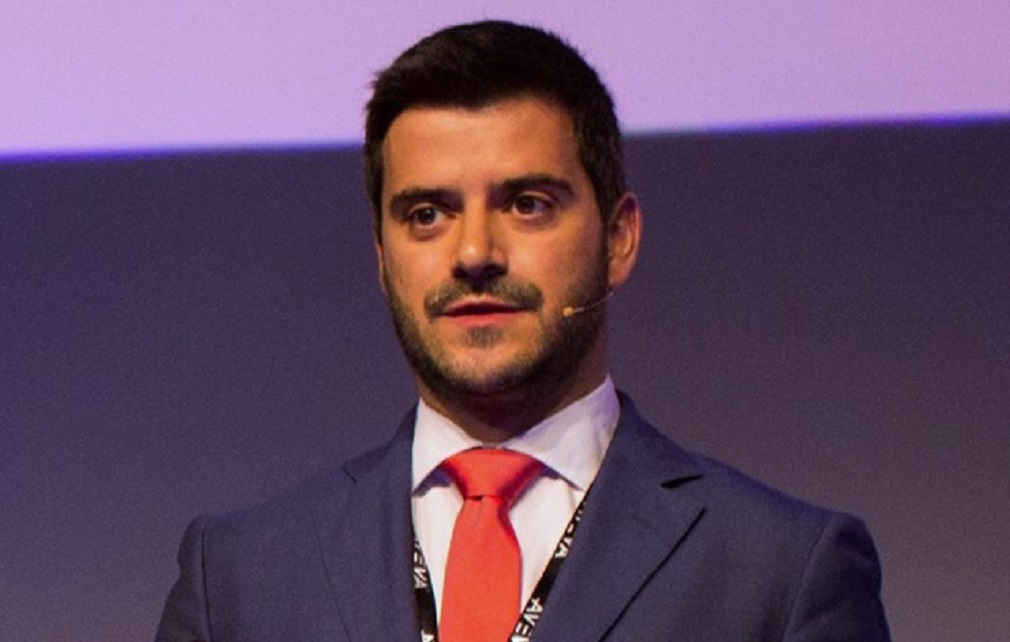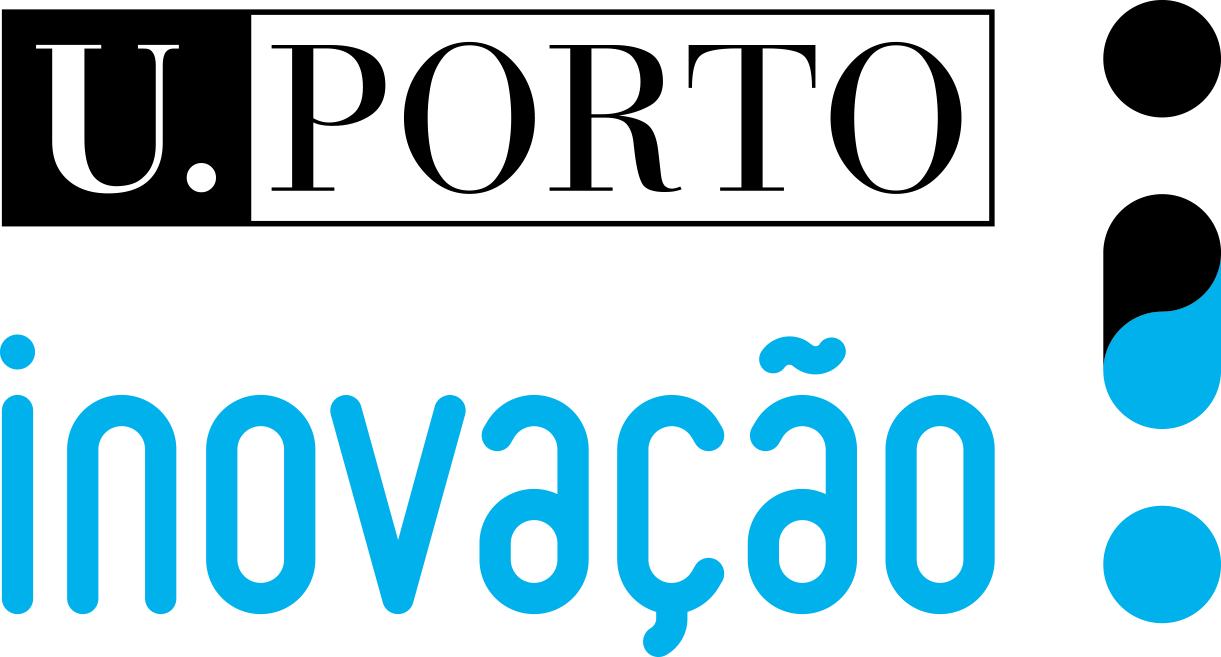
In this edition of "A chat with companies" , we talked to Nuno Silva, Director of Innovation and Technology at Efacec. In his opinion, "the complementarity of skills between industry and academia is not only relevant but a factor of business success," he says.
Q: What’s the importance of Efacec’s relationship with the scientific and technologic community?
A: Efacec, a company over 70 years old, has always been able to explore the importance of partnerships that help complement and extend the innovation ecosystem. As a company with a strong technological character, it bases its offer on the market in differentiated customer value-added solutions. It is precisely for both of these reasons that the complementarity of skills between industry and academia is not only pertinent but a factor of business success. Scientific and technologic institutions are essential in the ideation and development of R&D projects and even in defining some vectors of the technological strategy we follow. It is good to question and be questioned, to debate the state of the art and to explore new methodologies or algorithms, some only used in a simulation environment and now moving to industrialization processes in order to increase the competitiveness of our solutions, systems and services.
Q: How have Efacec and the University of Porto been collaborating?
A: The University of Porto has been a very long-term partner of Efacec and highlights the sustainable way in which these partnerships can work, contributing to the generation of value for both parties and even society in general. We have been maintaining and even creating new partnerships with numerous departments of the Faculties of the University of Porto (such as the Faculties of Engineering, Sciences, Economics, Porto Business School, among others) as well as with many research institutes and associated laboratories that integrate the U.Porto. These have been part of our technology strategy and have participated in joint projects, whether national, European or even transcontinental. There are already more than 100 joint initiatives that have been developed over time and continue to the present day, with the creation of Intellectual Property and the tangibility of results through a conscious process of industrialization and market introduction.
Realizing customers' current and future needs is a challenge that the academy has made an effort to perceive more efficiently, and that allows translating joint knowledge into value. There are even examples of relationships that are sustained and continued over several years and whose joint know-how is part of solutions that we have implemented with clients, such as the partnership of more than 25 years with INESC TEC or with the Electrical Engineering Department of the Faculty of Engineering for several decades.
Q: What are the main challenges these two players face?
A: There are numerous technological challenges that the energy transition brings to all stakeholders in the industry, such as Efacec and the University of Porto although in different value chain stakes. These, however challenging they may be, with the specific experience and knowledge we have, are already being addressed and many of them together. The focus of this type of partnership is on issues related to the training of human resources, the adequacy of their specialization to the needs of the labour market and aligned with the requirements of the industry.
The planning of teaching methods, content and research topics should be done jointly in order to bring these two worlds closer together. That is, the challenge is not in the technological domains or basic knowledge, but in the articulation between the industry's Technology Roadmap, the new trends and the way academy addresses this transformation and can proactively question (something very important) how companies innovate, contributing to increased efficiency, reduced time-to-market, accentuating differentiation and also the (positive) impact on society. The best way to do this is to develop a joint long-term strategy from its inception.






